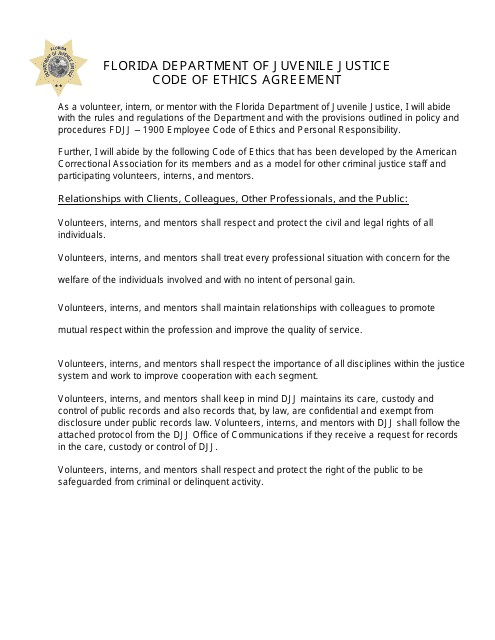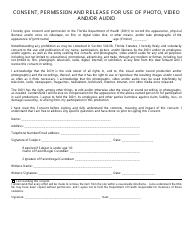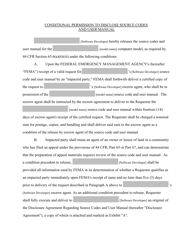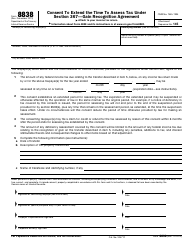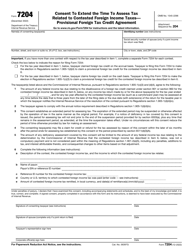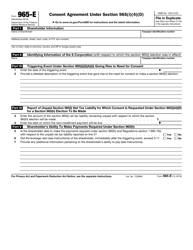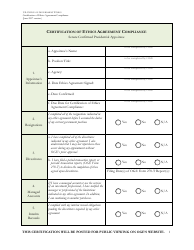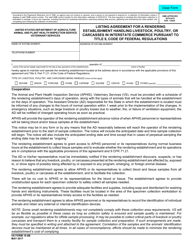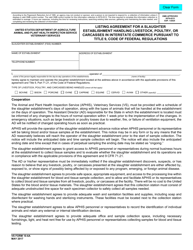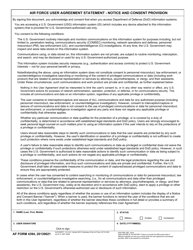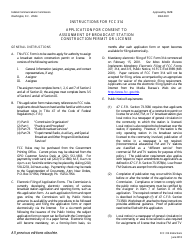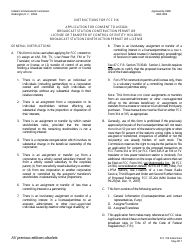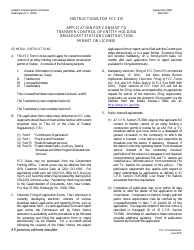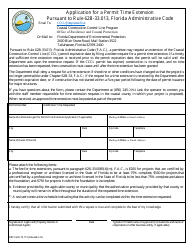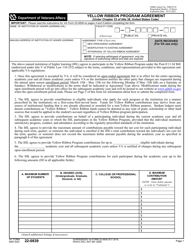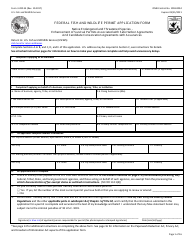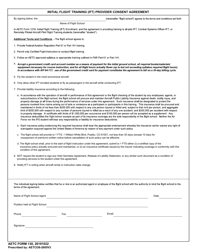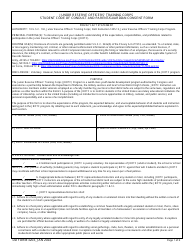Code of Ethics Agreement Form - Florida
Code of Ethics Agreement Form is a legal document that was released by the Florida Department of Juvenile Justice - a government authority operating within Florida.
FAQ
Q: What is a Code of Ethics Agreement Form?
A: A Code of Ethics Agreement Form is a document that outlines the ethical standards and conduct expected from individuals or organizations.
Q: Why is a Code of Ethics Agreement Form important?
A: A Code of Ethics Agreement Form is important to establish guidelines for responsible and ethical behavior in a specific context, such as a business or professional setting.
Q: Is a Code of Ethics Agreement Form legally binding?
A: While a Code of Ethics Agreement Form may not be legally binding in a contractual sense, it serves as a guiding document that helps promote adherence to ethical standards.
Q: What should be included in a Code of Ethics Agreement Form?
A: A Code of Ethics Agreement Form should include a clear statement of principles and rules that individuals or organizations are expected to follow, along with any consequences for violations.
Q: How can I implement a Code of Ethics Agreement Form in my organization?
A: To implement a Code of Ethics Agreement Form in your organization, you should distribute the form to employees or members, ensure they understand its contents, and obtain signed acknowledgements of agreement.
Q: Can a Code of Ethics Agreement be changed or updated?
A: Yes, a Code of Ethics Agreement can be changed or updated if necessary. However, any changes should be communicated to all affected parties and their agreement should be obtained.
Q: Are there specific laws in Florida regarding Code of Ethics Agreement Forms?
A: While there may not be specific laws governing Code of Ethics Agreement Forms in Florida, it is generally good practice to align the code with applicable laws and regulations.
Q: Can a Code of Ethics Agreement Form be enforced legally?
A: The enforceability of a Code of Ethics Agreement Form may vary depending on the specific circumstances and applicable laws. In some cases, violations of ethical codes can have legal consequences.
Q: Can individuals be held accountable for violating a Code of Ethics Agreement Form?
A: Yes, individuals can be held accountable for violating a Code of Ethics Agreement Form. Depending on the situation, consequences may include disciplinary actions, termination of employment, or legal actions.
Q: Is it necessary for individuals to sign a Code of Ethics Agreement Form?
A: While not legally required in all cases, having individuals sign a Code of Ethics Agreement Form helps to create a formal record of their commitment to abide by the outlined ethical standards.
Form Details:
- The latest edition currently provided by the Florida Department of Juvenile Justice;
- Ready to use and print;
- Easy to customize;
- Compatible with most PDF-viewing applications;
- Fill out the form in our online filing application.
Download a fillable version of the form by clicking the link below or browse more documents and templates provided by the Florida Department of Juvenile Justice.
